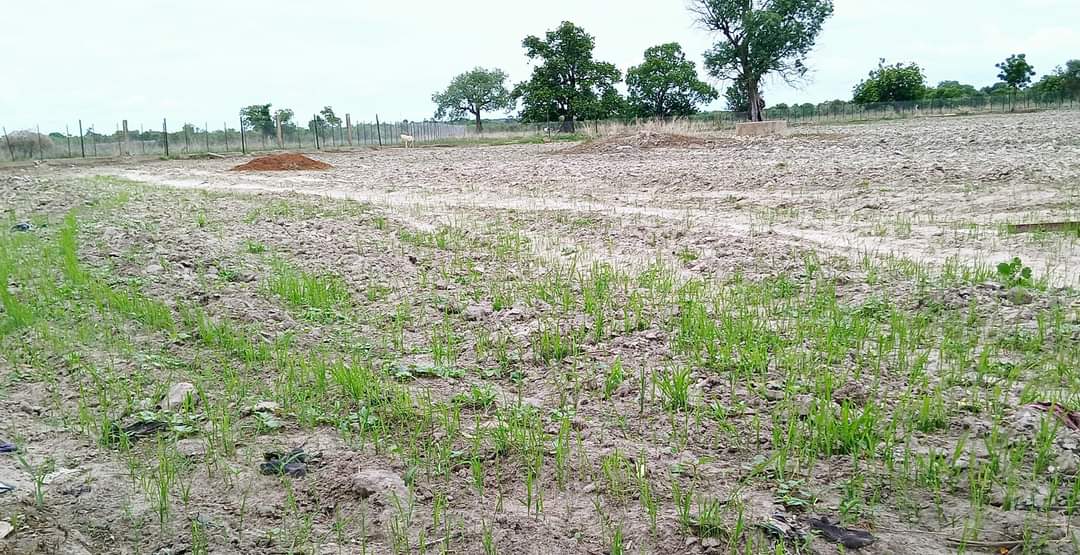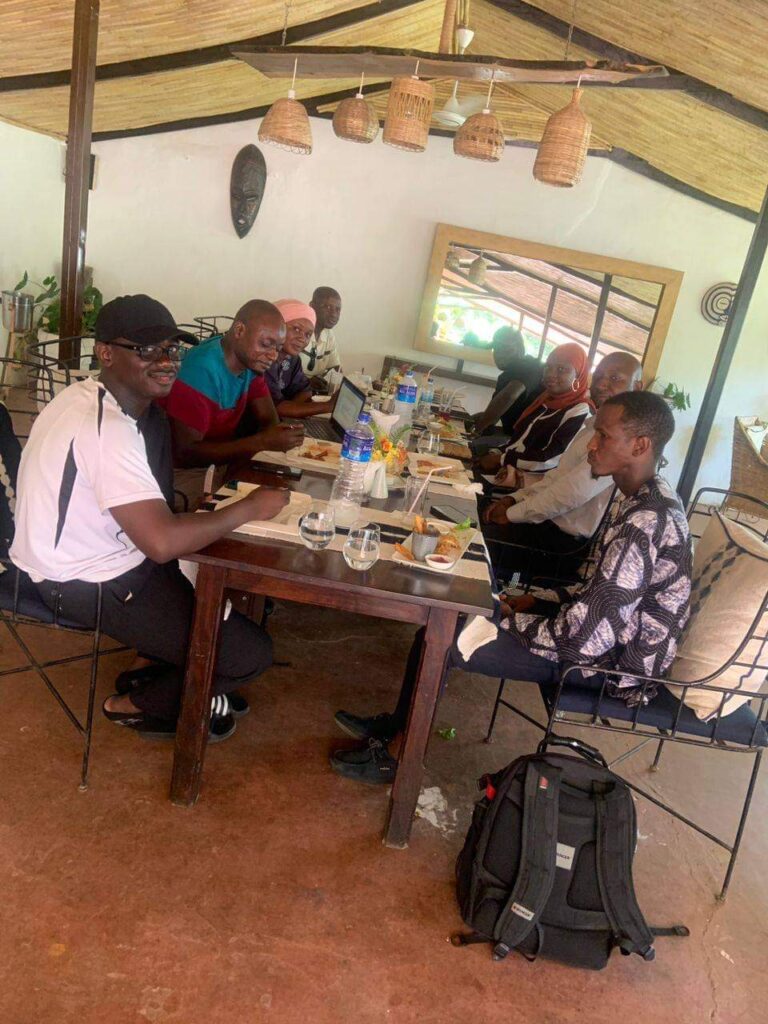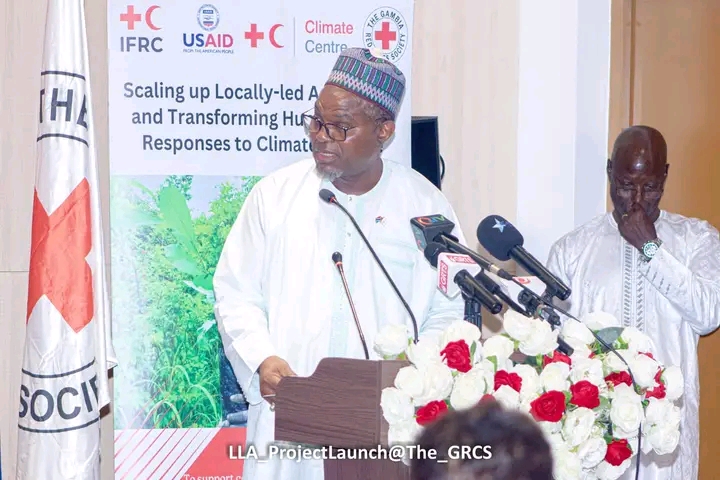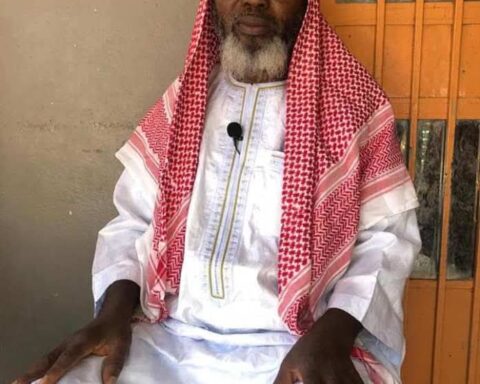The Upper River Region (URR) of The Gambia is facing a severe drought, leaving farmers and residents deeply concerned about the future of their crops. For more than two weeks, the region has experienced an alarming shortage of rainfall, causing widespread distress among those who rely on agriculture for their livelihoods.
Babucarr Janko, a local farmer, expressed his frustration in an interview with New Global Media. “We are in August, a month known for heavy downpours, yet we are not receiving the rainfall we need. The crops are drying up, and the situation is becoming dire.”
The problem in URR seems to be more severe compared to other regions, raising questions about the underlying causes of this prolonged dry spell. While climate change is undoubtedly a factor, deforestation has also been identified as a significant contributor to the lack of rain. The continuous cutting down of trees has disrupted the region’s natural water cycle, leading to reduced rainfall.
To address this issue, there is a growing call for action to halt deforestation and prioritize tree planting initiatives. However, the usual three-month window for planting trees is no longer sufficient. There is a need for more sustainable methods to ensure that trees survive beyond the rainy season, contributing to continuous rainfall in the future.
The residents of URR are understandably worried, as their crops are in desperate need of water to continue growing. Without immediate action, the situation could worsen, leading to food shortages and economic hardship for the region.
In light of this, it is crucial for everyone in the region to come together and plant more trees. By doing so, they can help restore the natural balance and encourage the return of consistent rainfall, ensuring a more secure future for all.




